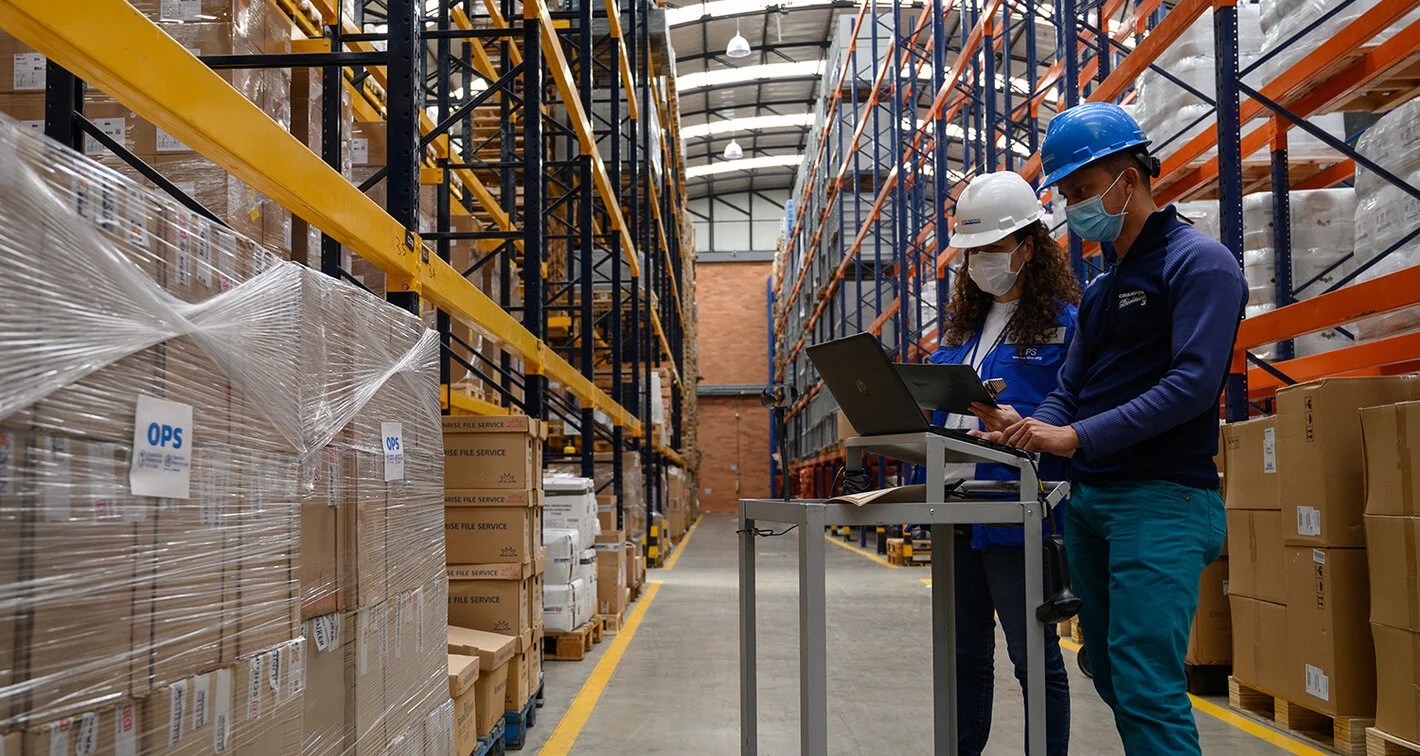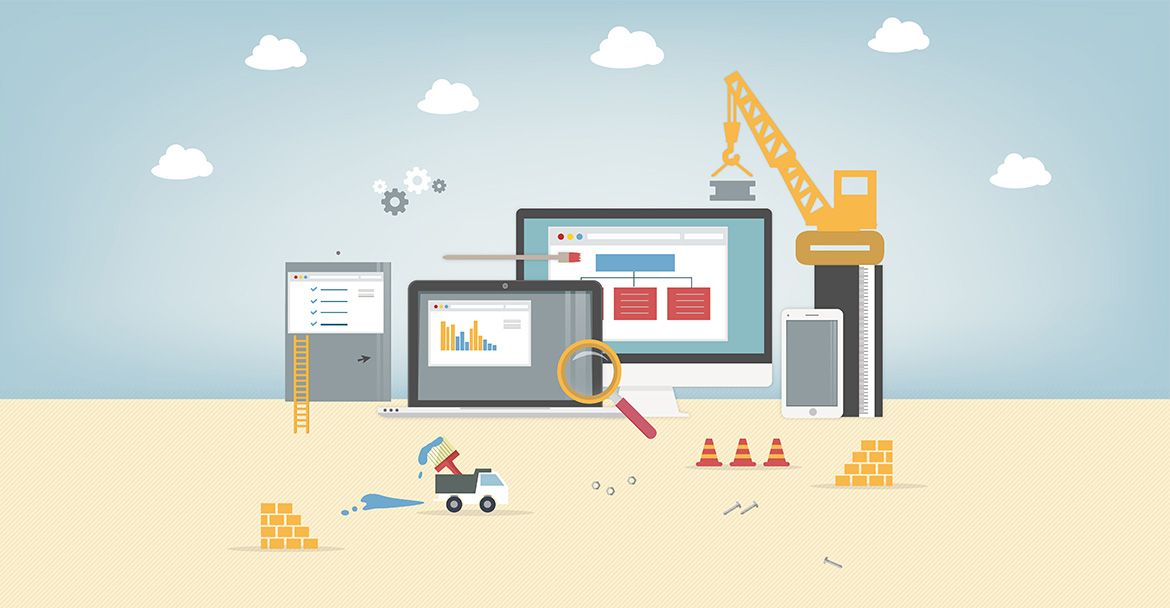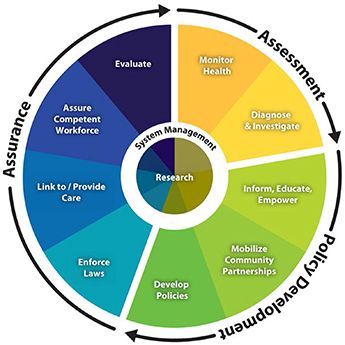In the modern world, access to essential services plays a pivotal role in promoting the well-being and prosperity of society
These services are fundamental to meeting the basic needs of individuals and communities, ensuring a decent quality of life for all. From healthcare and education to water supply and public transportation, essential services form the bedrock of a functioning society, contributing to economic development and social progress. In this article, we will delve into the significance of essential services and explore the challenges and strategies involved in ensuring their equitable distribution to all members of society
1. Healthcare: A Right, Not a Privilege
Healthcare is a fundamental human right, but unfortunately, access to quality healthcare is still unevenly distributed across the globe. Essential healthcare services encompass preventive care, treatment of illnesses, and access to life-saving medications. Ensuring that everyone, regardless of their socioeconomic status, has access to adequate healthcare is crucial for creating healthier and more productive communities. Governments and policymakers must strive to develop robust healthcare systems that prioritize affordability, accessibility, and quality of care.
2. Education: Empowering Future Generations
Education is the cornerstone of personal growth and social advancement. Essential educational services encompass access to primary and secondary education, as well as vocational and higher education opportunities. By investing in education and ensuring its accessibility, societies empower their citizens with knowledge and skills to lead fulfilling lives and contribute actively to the economy. Moreover, promoting education for girls and marginalized communities can lead to greater gender equality and a more inclusive society.
3. Water Supply and Sanitation: Preserving Public Health
A reliable supply of clean water and proper sanitation facilities are essential for safeguarding public health. Unfortunately, many communities, especially in developing regions, lack access to these basic necessities, leading to waterborne diseases and preventable deaths. Governments must prioritize the development of water and sanitation infrastructure and implement measures to manage water resources sustainably.
4. Energy: Fuelling Progress Sustainably
In today’s energy-dependent world, access to reliable and affordable energy is vital for economic development and modern living. Essential energy services encompass electricity for homes, businesses, and industries, as well as clean and renewable energy sources to protect the environment. Transitioning towards sustainable energy solutions not only mitigates climate change but also reduces the burden on vulnerable populations who struggle to afford traditional fossil fuels.
5. Transportation: Connecting Communities
Efficient transportation networks are critical for connecting communities and facilitating the movement of people and goods. Access to public transportation services enables individuals to access education, healthcare, and job opportunities, particularly in urban areas. Governments should invest in robust and accessible transportation systems to foster social cohesion, economic growth, and environmental sustainability.
Challenges and Strategies
While recognizing the importance of essential services, several challenges hinder their universal provision. Funding constraints, political instability, and inadequate infrastructure are some of the barriers that governments and organizations must overcome. Here are some strategies to address these challenges:
1. Prioritize Budget Allocation: Governments should allocate sufficient funds to prioritize essential services, reflecting their commitment to the well-being of their citizens.
2. Public-Private Partnerships: Collaboration between governments and private enterprises can enhance the efficiency and effectiveness of service delivery.
3. Technology and Innovation: Embracing technological advancements can improve the accessibility and quality of essential services, even in remote areas.
4. Advocacy and Awareness: Raising awareness about the importance of essential services and advocating for their equitable distribution can garner public support and drive policy changes.
Conclusion
Essential services form the backbone of a thriving society, fostering economic growth, social development, and individual well-being. Ensuring universal access to healthcare, education, water supply, energy, and transportation is not only a moral imperative but also a strategic investment in a brighter future for all. By prioritizing these services and implementing effective strategies, governments and organizations can work towards a more equitable and prosperous world where basic necessities are guaranteed to every individual.



